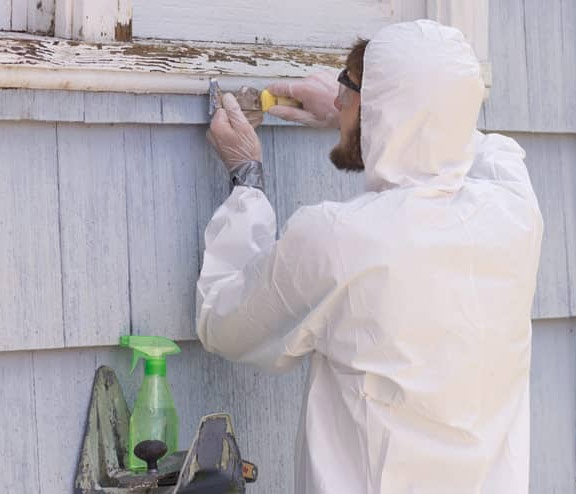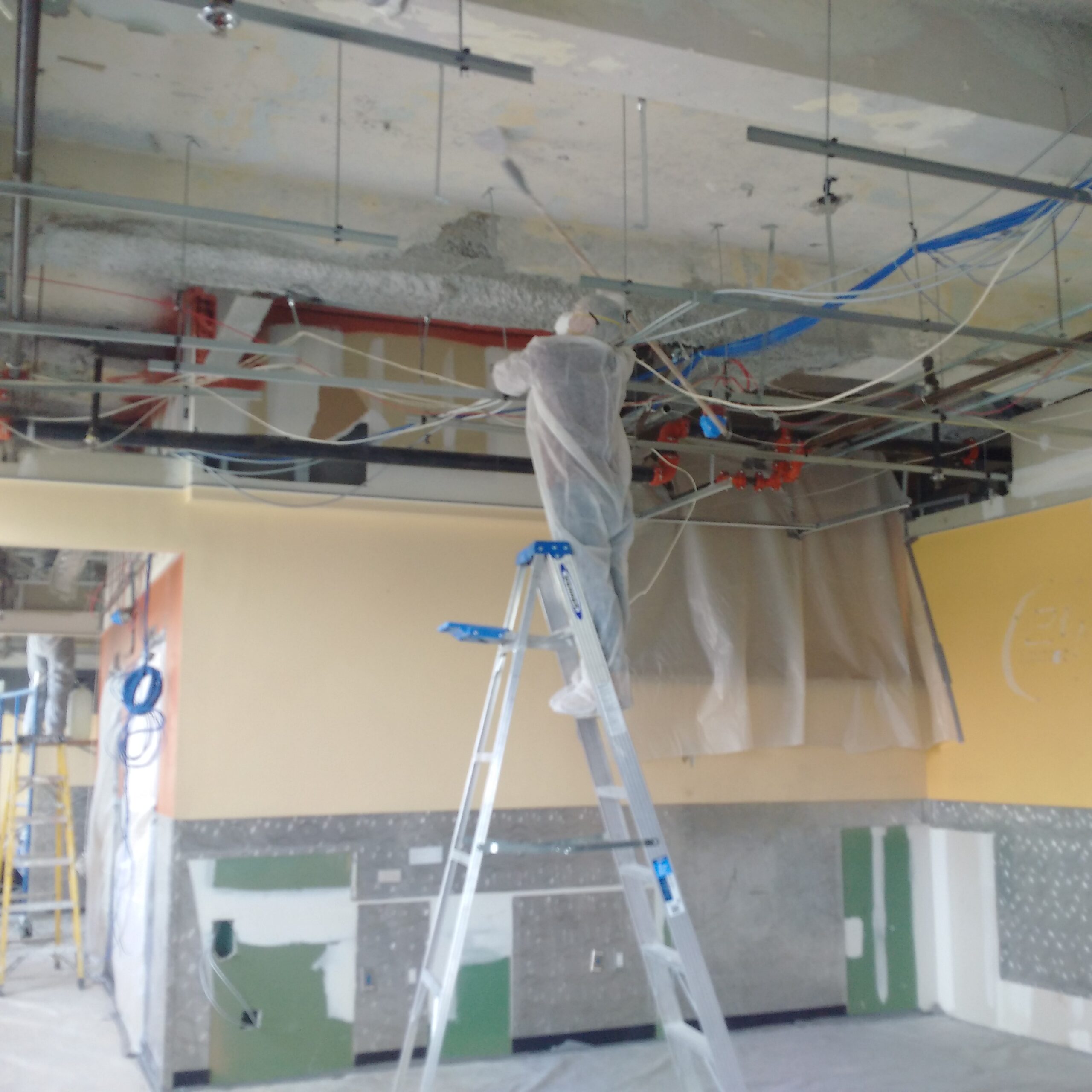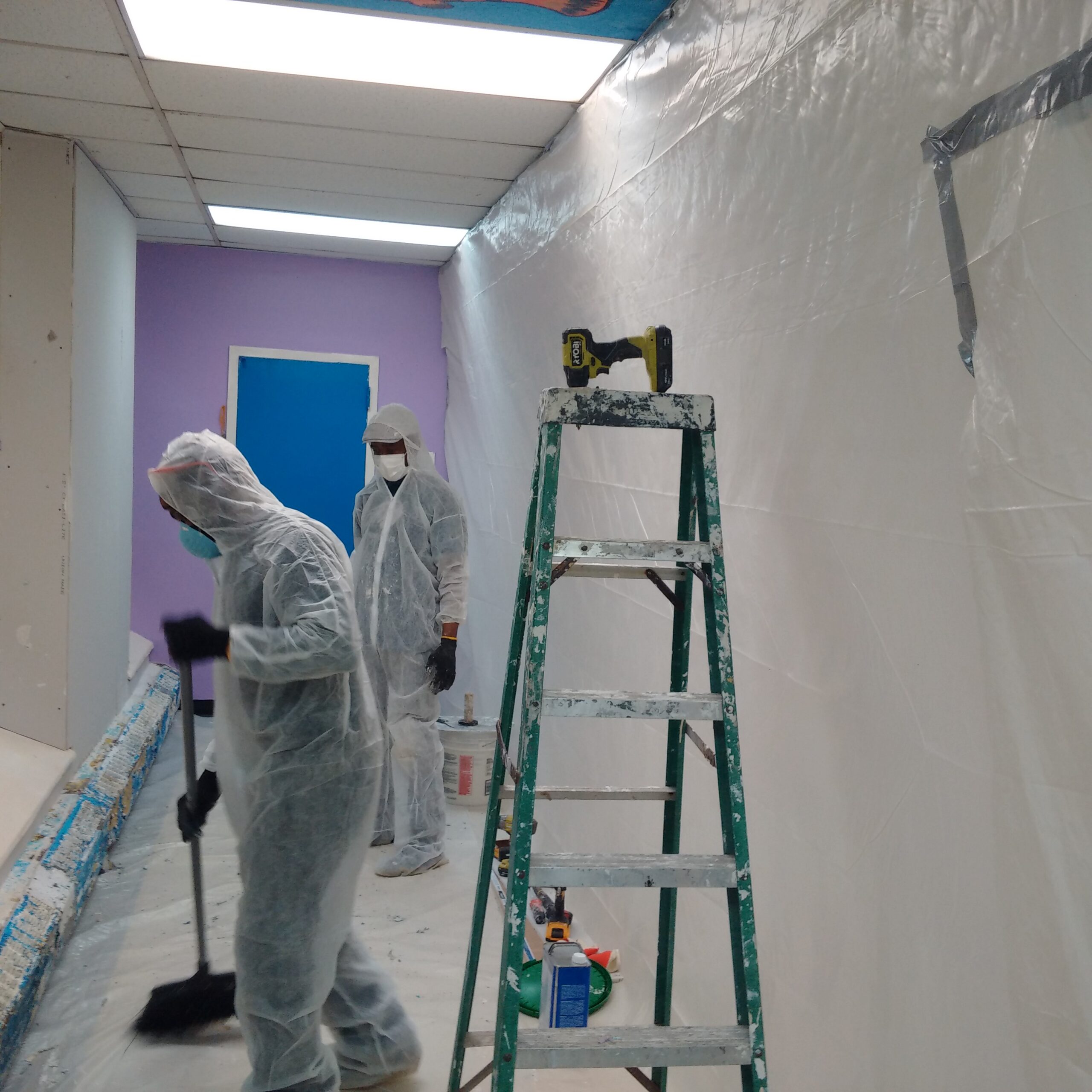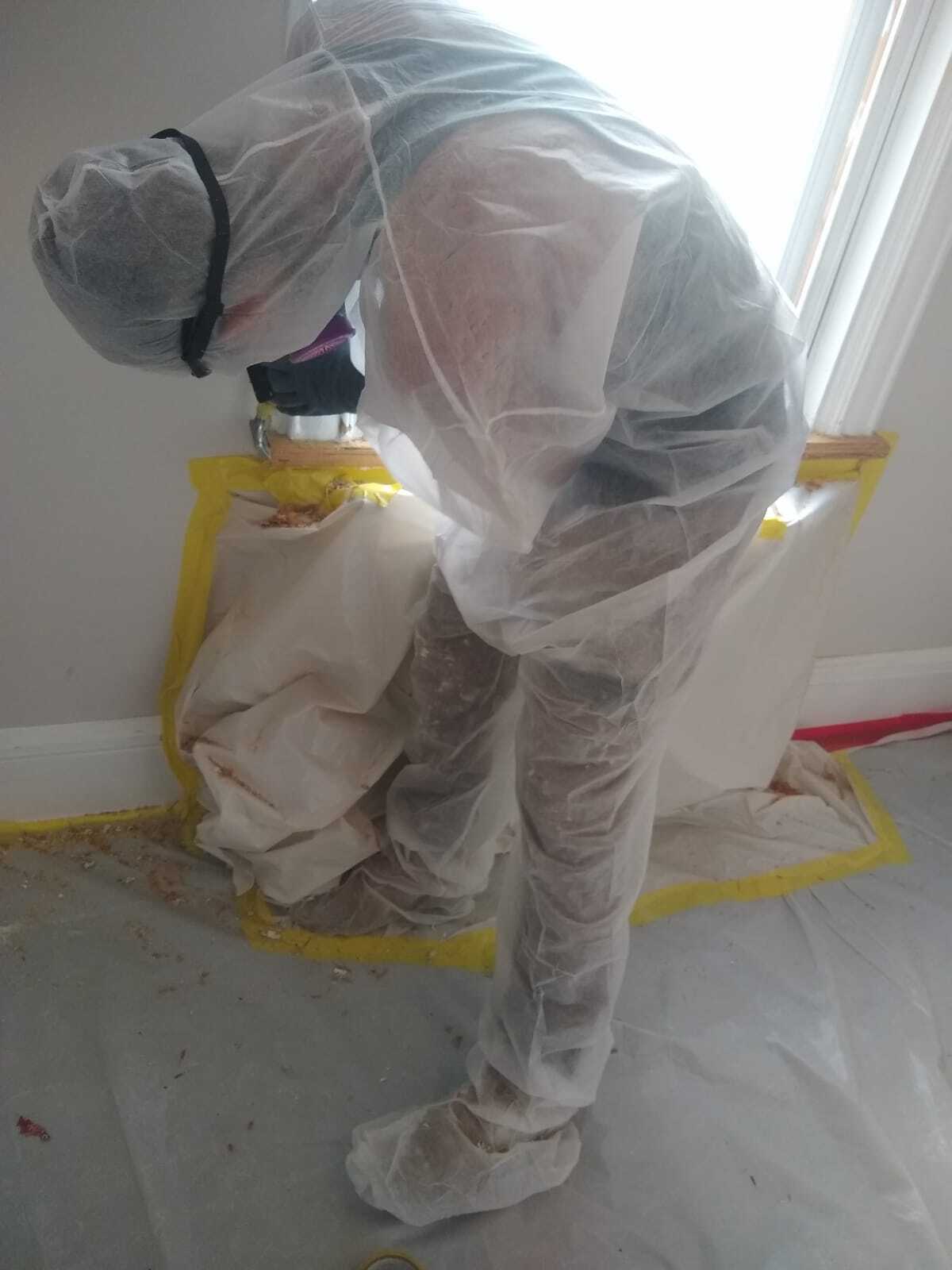Finest Practices for Making Sure Safe and Comprehensive Lead Offense Abatement
Resolving lead violation reduction calls for a multi-faceted strategy to ensure both safety and security and conformity. It's the last clearance procedure, involving thorough evaluations and lab screening, that absolutely verifies a lead-free setting, making sure lasting security. How do these techniques adjoin to assure detailed lead reduction?

Initial Evaluation
Performing a first analysis is an essential primary step in lead offense abatement. This stage includes a comprehensive evaluation of the property to determine the visibility, extent, and specific places of lead-based dangers. Certified experts, such as licensed lead assessors or run the risk of assessors, ought to perform an extensive website inspection, using tools like X-ray fluorescence (XRF) analyzers to precisely detect and determine lead focus in paint, dust, soil, and water.
The analysis should likewise include a testimonial of the structure's background, previous records, and any type of grievances or health and wellness concerns reported by residents - Lead Removal Contractors. Recording the searchings for meticulously is crucial, as these documents develop the basis for establishing a reliable reduction approach. A thorough analysis likewise includes sampling and lab evaluation, which are important to verify the existence of lead and guide subsequent activities
In addition, it is necessary to communicate the results transparently to all stakeholders, consisting of homeowner, renters, and regulative authorities. By ensuring that the initial evaluation is conducted with precision and rigor, specialists can lay a strong foundation for a targeted and effective lead reduction procedure, ultimately securing public health and wellness and making certain conformity with governing criteria.
Appropriate Containment
Correct containment is vital to avoid the spread of lead contaminants throughout reduction tasks. Efficiently handling control minimizes the threat of lead dust and particles migrating to non-work locations, consequently safeguarding both the atmosphere and individuals outside the prompt job zone.

Normal evaluations of the control location are needed to look for breaches or weaknesses in the obstacle. Any identified issues need to be immediately dealt with to keep the integrity of the control. By adhering to these practices, abatement projects can successfully control lead contamination and reduce associated health and wellness dangers.
Worker Security
Making sure worker security is vital during lead reduction tasks to avoid job-related direct exposure to hazardous lead fragments. Necessary measures consist of using individual protective tools (PPE) such as respirators, handwear covers, and full-body fits particularly designed to obstruct lead dirt and fumes. Workers should undertake comprehensive training on the proper use and maintenance of PPE, consisting of fit screening for respirators to make sure optimum effectiveness.
Design controls, such as regional exhaust air flow systems, are vital in reducing airborne lead focus in the job environment. Management controls need to also be carried out, consisting of restricting the period of exposure content and turning workers to lower private exposure times. Regular medical security and organic surveillance are indispensable for very early discovery of lead absorption, making it possible for timely intervention and therapy.
In addition, developing a purification procedure is important. Employees need to adhere to rigorous purification treatments before breaks and at the end of their change to protect against lead dust from being carried outside the workplace. This consists of thorough hand and face cleaning with lead-specific cleansing representatives and altering out of contaminated apparel.
Precise Cleaning
Maintaining a risk-free workplace prolongs beyond worker security and incorporates thorough clean-up to guarantee lead particles are thoroughly gotten rid of from the website. The procedure of precise cleanup is critical in preventing the recontamination of the abated location and safeguarding both present and future owners.
To accomplish a comprehensive clean-up, all workplace must be methodically decontaminated. This entails using specialized HEPA (High-Efficiency Particulate Air) vacuum and wet-wiping techniques to record and get rid of fine lead dirt that may have chosen surfaces. It is crucial to clean all straight surface areas, including floors, window sills, and countertops, as well as upright surfaces that might have trapped lead fragments.
Workers should put on suitable personal protective devices (PPE) during clean-up to avoid exposure to residual lead dust. Used cleansing materials such as wipes, sponges, and mop heads must be disposed of according to hazardous waste disposal regulations.

Final Clearance
Last clearance is the critical concluding phase of lead reduction that determines whether the website is secure for reoccupation. This crucial step includes thorough inspection and screening to verify that all lead hazards have actually been effectively removed. The procedure starts with a visual evaluation by a licensed lead-based paint examiner or danger assessor to guarantee no visible dust or particles continues to be. This is complied with by gathering dust clean examples from various surfaces, including floorings, windowsills, and various other straight surface areas. Lead Removal Contractors.

Last clearance screening not just safeguards future passengers however additionally makes certain conformity with neighborhood, state, and government guidelines. It offers as a recorded validation of the reduction specialist's adherence to sector finest methods. Guaranteeing a thorough and effective last clearance is important in guarding public health and wellness and cultivating trust in the reduction process.
Final Thought
Ensuring safe and extensive lead offense reduction requires a multifaceted strategy including first assessments with sophisticated discovery methods, effective control approaches, strict employee defense procedures, and thorough cleaning treatments. The final clearance phase, featuring in-depth evaluations and laboratory testing, is vital to confirm compliance with EPA criteria. Adherence to these finest methods guarantees a risk-free setting for owners, mitigates health dangers, and supports governing requirements, thus promoting public health and wellness and security in lead-affected areas.